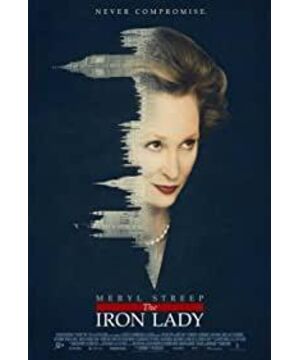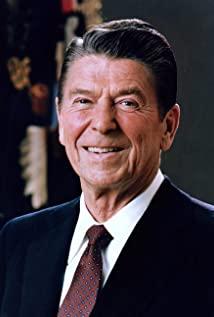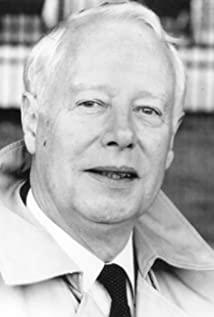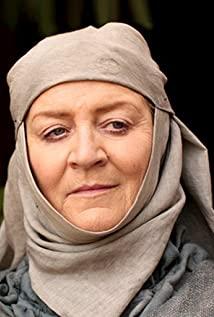The film takes the peaceful life of the elderly Mrs. Thatcher as the main thread, and constantly flashes back a series of important life experiences of her fledgling, falling in love, steady pace, becoming prime minister, facing crisis, encountering bombs, victory on the island, stubbornly resigning, and resigning sadly. As the director said, the film is very faithful to historical facts, and of course the choice of materials serves his political views and central ideas. It is probably the relationship between the female director and the screenwriter. The film focuses on showing Thatcher's deep feelings for her husband; the two have been in love with each other for more than 50 years, so that after the death of her husband, she often talks to herself in a trance. The materials and narrative structure are understandable. The director’s idea is to show Margaret Thatcher, who has been independent and tough and ruled the country with an iron fist. In fact, she also has a gentle, virtuous, sensitive and fragile side. Especially in her later years, she became an ordinary wife and wife. Mother, all fame and fortune are just like passing away. But the biggest problem with this film is that the fragments are too scattered, giving people a sense of disconnection; many events ended without a problem, leaving viewers who are not familiar with history scratching their heads. Maybe the director just wants to show the facts and don't want to make sense. After all, the documentary style will not offend people; but she has forgotten the truth that so much information is instilled in the audience in such a short period of time, probably only right-wing die-hard fans We can bear it. In addition, I think the proportion of old age is a little bit more. Is the illusion of the broken thoughts of the husband just funny?
Last year George VI became a big hit, and this year Margaret Thatcher made waves again. The British ruler has been very successful these two years. When can we shoot Mao Zeduo or Deng Xiaoping, who won international awards? Aunt Mei's performance is still at its peak. The middle-aged version of the masterpiece is the world, and the old version of the hero is late. It can be said that she has raised the film to a new level by herself. To everyone's hope, the most nominated actor in the history of the Oscars won the Golden Man again after a lapse of 30 years, and also swept the Golden Globes and the British BAFTA for the first time.
View more about The Iron Lady reviews











